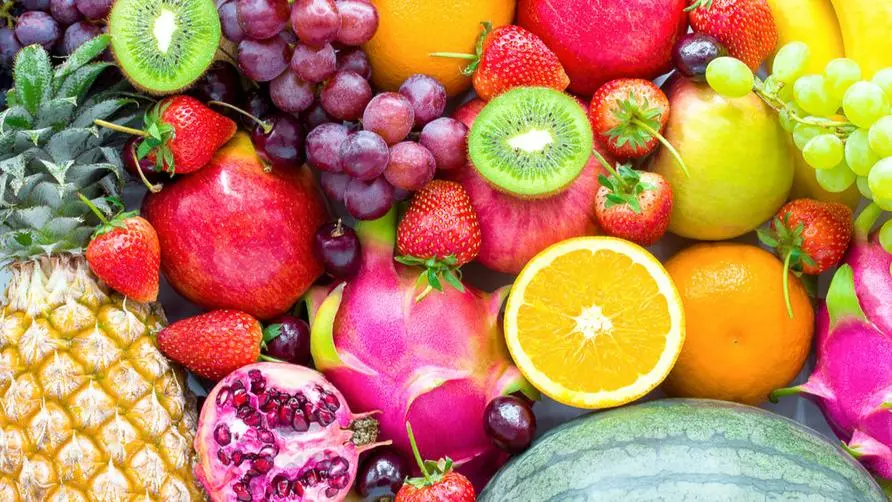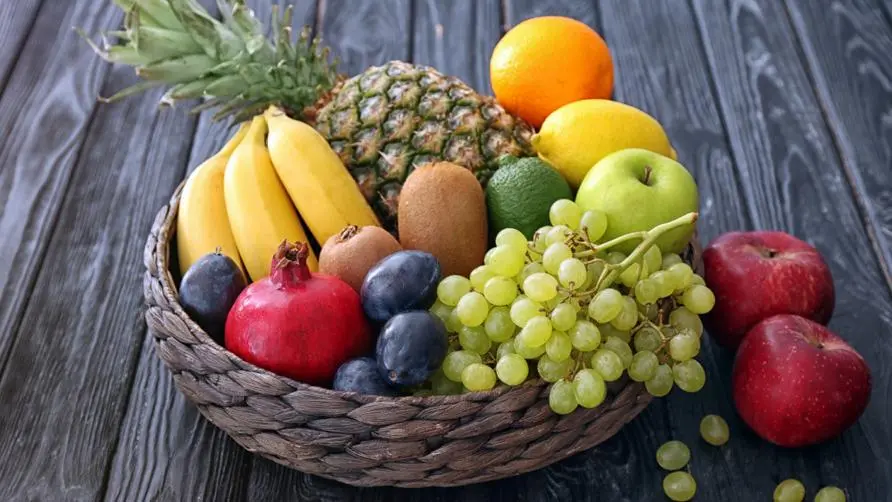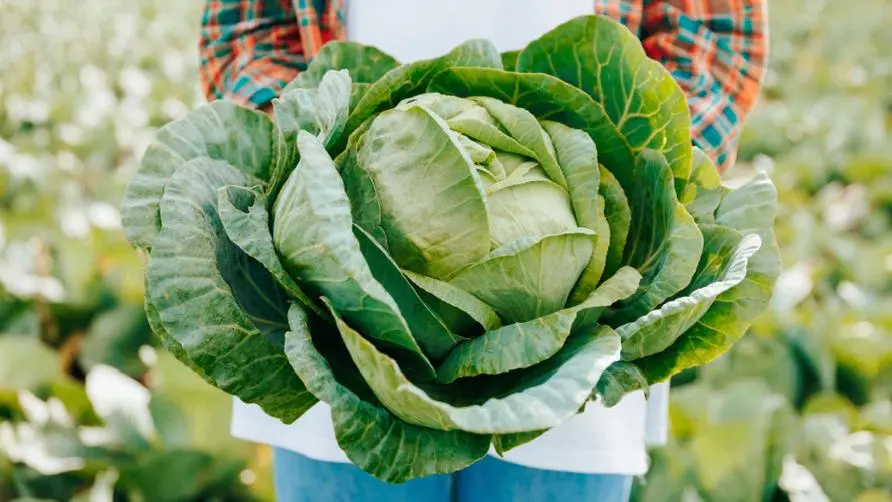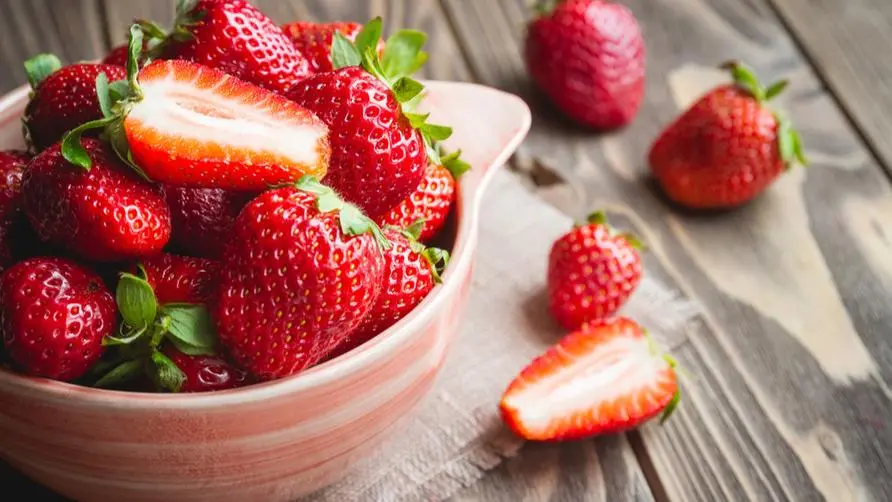Liu Cheng lost miserably! Fruits and vegetables contain the most vitamin C: twice as much as citrus fruits
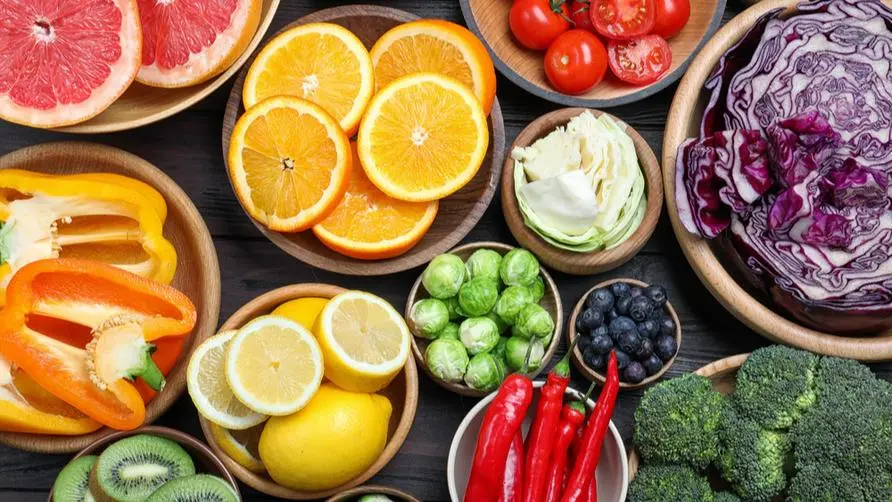
Vitamin C is one of the essential nutrients needed to maintain healthy immunity, so it is important to ensure that your daily diet contains adequate sources of vitamin C. In addition to being beneficial to the body’s immune system, vitamin C also plays other roles. British certified nutritionist Helen Bond said that vitamin C is crucial in making collagen (a component of blood vessels, bones, teeth, and skin), and can help heal wounds and nourish the nervous system. As a powerful antioxidant, it also helps scavenge free radicals that are harmful to cells. As for which foods are rich in enough vitamin C? Bonds are listed below:
1. Citrus fruits
According to Bond, 100 grams of oranges contain 56 milligrams of vitamin C, which also contains flavonoids (a powerful antioxidant). Helps protect the body from damage caused by free radicals in the body. In addition, other citrus fruits such as limes and mandarins also contain a certain amount of vitamin C.
2. Potatoes
A medium-sized potato weighs about 240 grams, and 100 grams of potato contains about 17.5 mg of vitamin C, which is about half of the recommended daily intake. Potatoes have high nutritional value and contain minerals such as magnesium and potassium; potassium has been shown to contribute to heart health. Potatoes are also a good source of fiber, which can aid digestion.
3. Strawberry
100 grams of strawberries contain 59 mg of vitamin C, which is 66% of the recommended daily intake of vitamin C for men. Strawberries are rich in antioxidants, especially anthocyanins and quercetin, which help prevent cardiovascular disease. In addition, strawberries and other berries such as raspberries and blackberries are rich in vitamin C, dietary fiber, potassium and other nutrients.
4. Green cauliflower
100 grams of green cauliflower contains 89 mg of vitamin C, which is much higher than the daily recommended intake of vitamin C for women. In addition, green cauliflower also contains protein required for muscle growth, as well as “vitamin K”, an important nutrient required by the human body. Vitamin K helps blood clotting and supports bone health.
5. Kiwi fruit
One kiwi fruit contains about 73 mg of vitamin C, which is no less than that of citrus fruits. Kiwi fruit is also rich in dietary fiber, which helps smooth digestion in the gastrointestinal tract; it is also a powerful source of antioxidants.
6. Tomato
100 grams of tomatoes contain 27 milligrams of vitamin C. It contains beta-carotene, vitamin E, vitamin C, vitamin K, folic acid and other nutrients. Lycopene has been proven to prevent coronary heart disease, cerebrovascular disease or certain specific diseases. occurrence of cancer.
7. Spinach
Spinach contains 28 mg of vitamin C per 100 grams. It is also rich in vitamin K and calcium, which are important nutrients for maintaining bone health. In addition, spinach also contains a large amount of iron, a nutrient needed for the body to produce red blood cells.
8. Cabbage
Cabbage is a cruciferous green vegetable. 100 grams of cabbage contains 37 mg of vitamin C. It is a major source of dietary fiber and also contains vitamin K, which supports bone health. The potassium in cabbage also helps with heart health and maintains normal blood pressure levels.
9. Black currant
It is a berry food that contains more than 122 mg of vitamin C per 100 grams, which is much higher than that of citrus or other fruits and vegetables. Blackcurrants are also rich in heart-healthy antioxidants and Omega-6. Previous research has shown that blackcurrants can help reduce the risk of cardiovascular-related diseases, as well as brain and eye diseases.
Finally, Bond advised the public that vitamin C can be supplemented through natural foods and vitamin C supplements. However, taking larger amounts of vitamin C (more than 1 gram per day) through supplements may cause side effects such as stomach pain, diarrhea and flatulence. Therefore, you should make sure to get the required vitamin C through a varied and balanced diet in your daily life. In addition, excessive intake of the above-mentioned foods is still not enough, and you should fully discuss with your doctor or nutritionist before consuming them to see if you have a history of food allergies or related indications to avoid causing harm to your body after consuming them.
Source:
Further reading:


